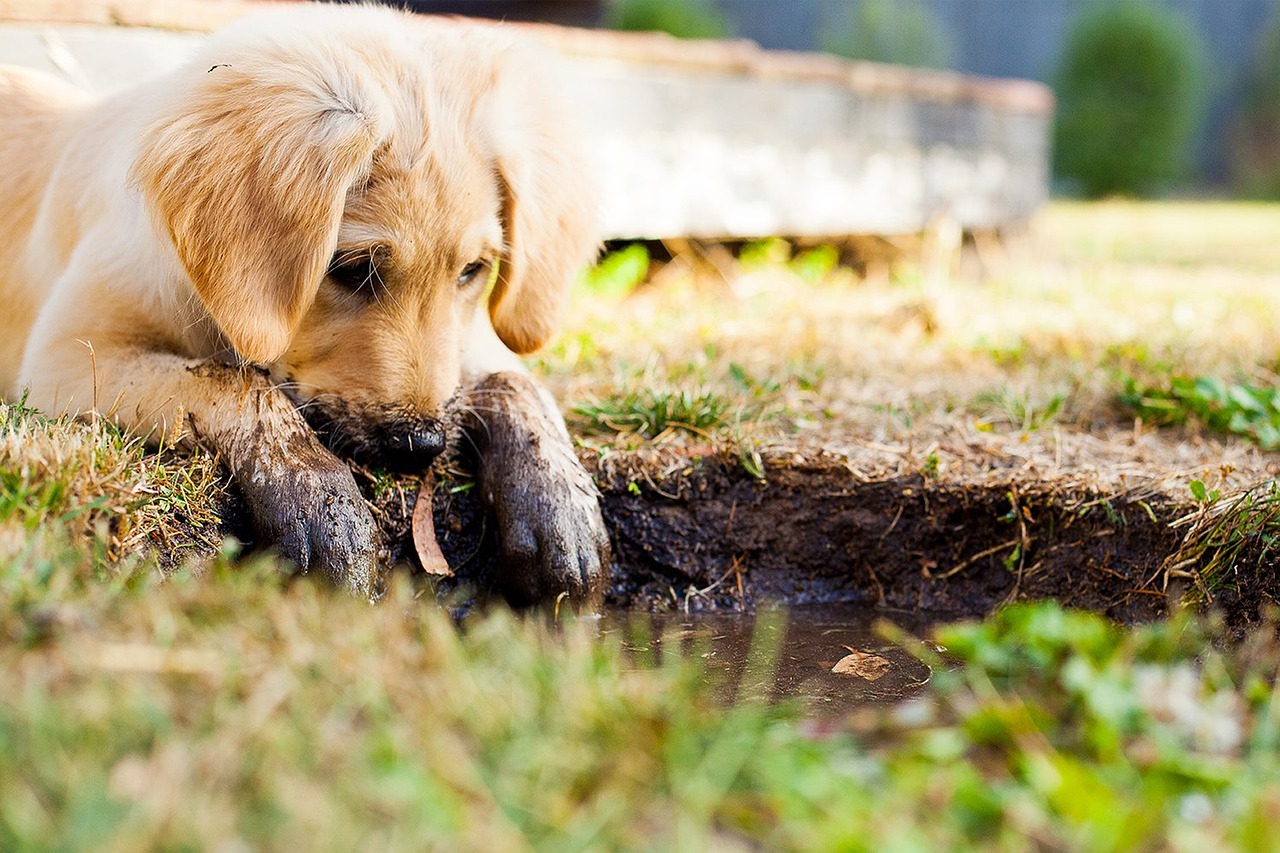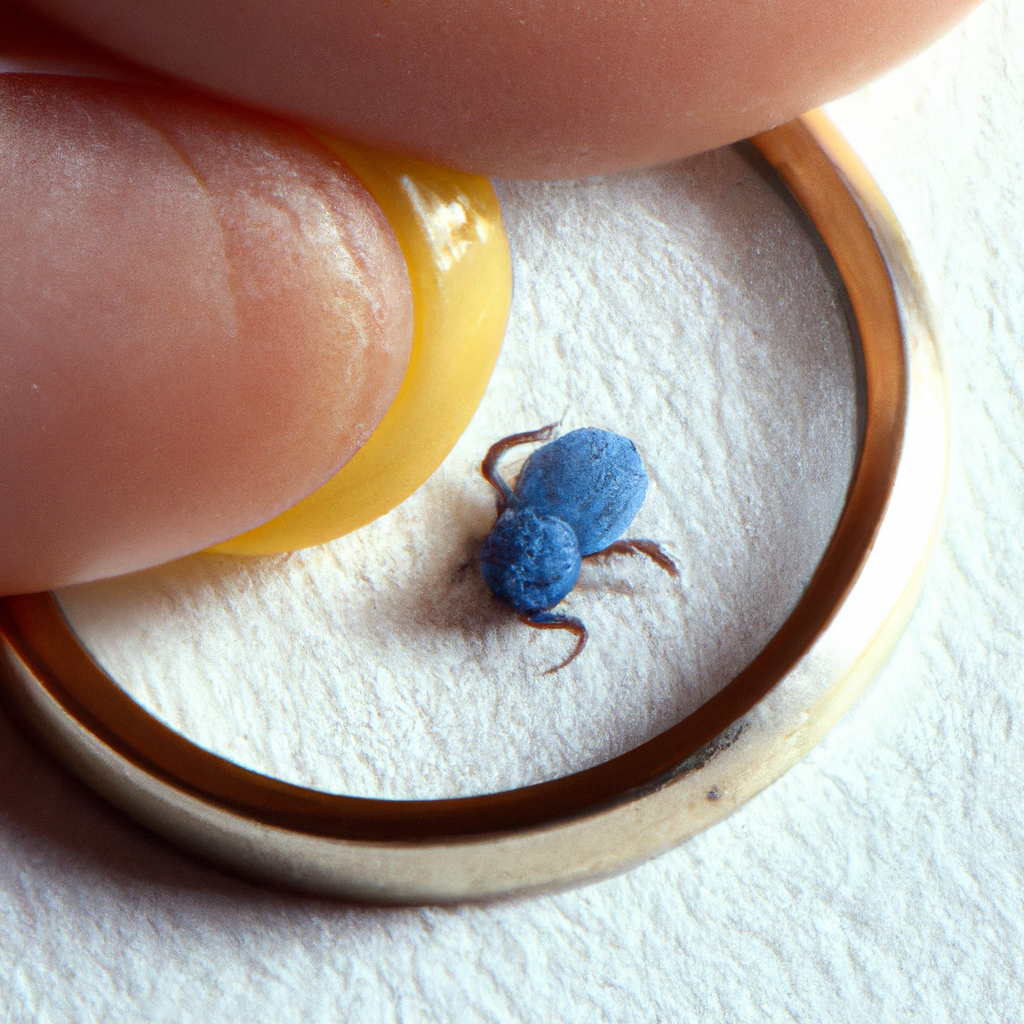Vaccinations play a crucial role in keeping our beloved dogs healthy and safe from various diseases. Just like humans, puppies and adult dogs require a series of vaccinations to build immunity against common infections. In this blog, we will discuss the importance of dog vaccinations, the recommended schedule, and the potential risks of not vaccinating your furry friend. Understanding these aspects can help you make informed decisions for your pet’s health. Let’s explore in detail below.
Understanding the Importance of Dog Vaccinations

The Role of Vaccines in Disease Prevention
Vaccinations are essential for preventing a range of infectious diseases that can affect dogs. They work by stimulating the immune system to recognize and fight off specific pathogens. For instance, vaccines against parvovirus, distemper, and hepatitis have significantly reduced the incidence of these diseases in dog populations. By vaccinating your pet, you not only protect them but also contribute to herd immunity within the canine community, which helps prevent outbreaks.
Long-term Health Benefits
Regular vaccinations can lead to long-term health benefits for dogs. By ensuring that your dog is up-to-date with their vaccinations, you are reducing the risk of serious illnesses that could lead to costly veterinary treatments or even premature death. Healthy dogs tend to have a better quality of life and enjoy more active lifestyles. Moreover, some vaccines can help prevent chronic conditions that might arise from infections if left unchecked.
Peace of Mind for Pet Owners
Knowing that your dog is vaccinated provides peace of mind for pet owners. It alleviates concerns about potential exposure to infectious diseases, especially in situations where your dog interacts with other animals, such as at parks or doggy daycare facilities. This reassurance allows for a more enjoyable experience when socializing your pet without the constant worry of them contracting an illness.
Recommended Vaccination Schedule

Puppy Vaccination Timeline
The vaccination schedule for puppies typically begins at six to eight weeks of age and continues until they are about 16 weeks old. During this period, puppies receive a series of core vaccines that protect against diseases like parvovirus, distemper, and adenovirus. It’s crucial to follow this schedule closely as it ensures maximum protection during the early vulnerable stages of their lives when they are most susceptible to infections.
Adult Dog Vaccination Boosters
After completing their initial puppy vaccinations, adult dogs require booster shots to maintain their immunity. The frequency of these boosters can vary depending on the vaccine type and local regulations but usually occurs every one to three years. Keeping up with these boosters is vital for ensuring ongoing protection against diseases that could pose a serious threat to your dog’s health.
Consultation with Your Veterinarian
It’s essential to consult with your veterinarian regarding your dog’s vaccination needs. They can provide tailored advice based on factors such as age, breed, health status, and lifestyle. Additionally, some regions may have specific vaccination requirements due to local disease prevalence. Regular check-ups will help ensure that your pet receives appropriate vaccinations at the right intervals.
Core vs. Non-Core Vaccines
Defining Core Vaccines
Core vaccines are those deemed essential for all dogs regardless of their lifestyle or environment. These include vaccines against rabies, parvovirus, distemper virus, and adenovirus (hepatitis). These diseases are highly contagious and potentially fatal; hence vaccination against them is critical in safeguarding your dog’s health.
Understanding Non-Core Vaccines
Non-core vaccines are recommended based on individual risk factors such as geographic location or lifestyle choices. Examples include vaccines for leptospirosis or Bordetella (kennel cough), which may be necessary for dogs that frequently interact with other animals or those living in areas where these diseases are prevalent. Assessing the need for non-core vaccines should be done in consultation with a veterinarian.
The Risks of Over-Vaccination
While vaccinations are crucial for maintaining health, there is ongoing debate about over-vaccination and its potential risks. Some studies suggest that excessive vaccinations may lead to adverse reactions or autoimmune disorders in certain dogs. Therefore, it’s important to tailor vaccination plans according to each dog’s unique circumstances while staying informed about current veterinary guidelines.
The Consequences of Not Vaccinating Your Dog
Increased Risk of Disease Outbreaks
Choosing not to vaccinate can expose your dog—and potentially other dogs—to serious infectious diseases. Outbreaks can occur rapidly among unvaccinated populations since many canine viruses spread easily through direct contact or contaminated environments. This risk not only jeopardizes your pet’s health but also poses a threat to community health as well.
Financial Implications of Illness
The financial burden associated with treating preventable diseases can be substantial. Emergency veterinary visits and long-term care for illnesses caused by infections can accumulate costs quickly into thousands of dollars. In contrast, investing in vaccinations is a relatively low-cost preventive measure that saves money in the long run by reducing the likelihood of severe health issues.
Emotional Toll on Owners
The emotional distress caused by watching a beloved pet suffer from a preventable illness cannot be understated. The guilt associated with not vaccinating can weigh heavily on pet owners who must witness their furry companions endure unnecessary pain and suffering due to conditions that could have been easily avoided through proper vaccination protocols.
Common Myths About Dog Vaccinations
Myth: Dogs Don’t Need Vaccines After Their First Year

A common misconception is that once a dog reaches adulthood after their first year, they no longer require vaccinations. However, this is misleading as many vaccines lose effectiveness over time and require boosters throughout a dog’s life to maintain immunity against various diseases.
Myth: Natural Immunity is Enough
Some pet owners believe that if their dog has been exposed to certain pathogens naturally, they will develop sufficient immunity without vaccination. While natural exposure can sometimes provide some level of immunity, relying solely on this method leaves pets vulnerable during critical periods when they may not yet have developed adequate defenses against harmful infections.
Myth: All Vaccines Cause Adverse Reactions
While it’s true that some dogs may experience mild side effects after vaccination—such as soreness at the injection site or mild lethargy—serious adverse reactions are rare when compared to the benefits provided by immunization against life-threatening diseases. Understanding this distinction helps ensure responsible decision-making regarding canine healthcare.
The Future of Canine Vaccinations
Advancements in Vaccine Development
As veterinary medicine advances, researchers are continually working on developing new vaccines and improving existing ones for enhanced efficacy and safety profiles. Innovations such as DNA-based vaccines offer promising alternatives that could lead to fewer side effects while providing robust protection against infectious agents affecting dogs today.
The Role of Personalized Medicine in Vaccination Protocols
With ongoing research into genetics and immunology, personalized medicine may soon play a role in determining optimal vaccination schedules tailored specifically for individual dogs based on their unique genetic makeup or environmental exposures—leading towards more effective preventive healthcare strategies moving forward.
The Importance of Ongoing Education for Pet Owners
Staying informed about evolving vaccine recommendations is crucial for all pet owners seeking optimal care solutions for their furry friends. Engaging with veterinarians regularly ensures access not only to updated information but also fosters discussions around best practices concerning canine health maintenance through proper immunization protocols over time.
Wrapping up
In conclusion, understanding the significance of dog vaccinations is vital for ensuring the health and well-being of your furry companion. Vaccines not only protect individual dogs from serious diseases but also contribute to the overall safety of the canine community. By staying informed about vaccination schedules and consulting with veterinarians, pet owners can make educated decisions that promote long-term health for their pets.
More information to explore
1. Learn about the specific diseases that vaccines protect against and their symptoms.
2. Find out how to recognize potential side effects after vaccination.
3. Understand the differences between core and non-core vaccines in detail.
4. Discover how local regulations may affect vaccination requirements for dogs.
5. Explore resources for ongoing education regarding canine health and wellness.
Summary of essential points
Dog vaccinations are crucial for preventing infectious diseases, providing long-term health benefits, and offering peace of mind to pet owners. Following a recommended vaccination schedule, understanding core versus non-core vaccines, and addressing common myths are all important aspects of responsible pet ownership. The future of canine vaccinations looks promising with advancements in medical research and personalized care options, emphasizing the need for continuous education among pet owners.






